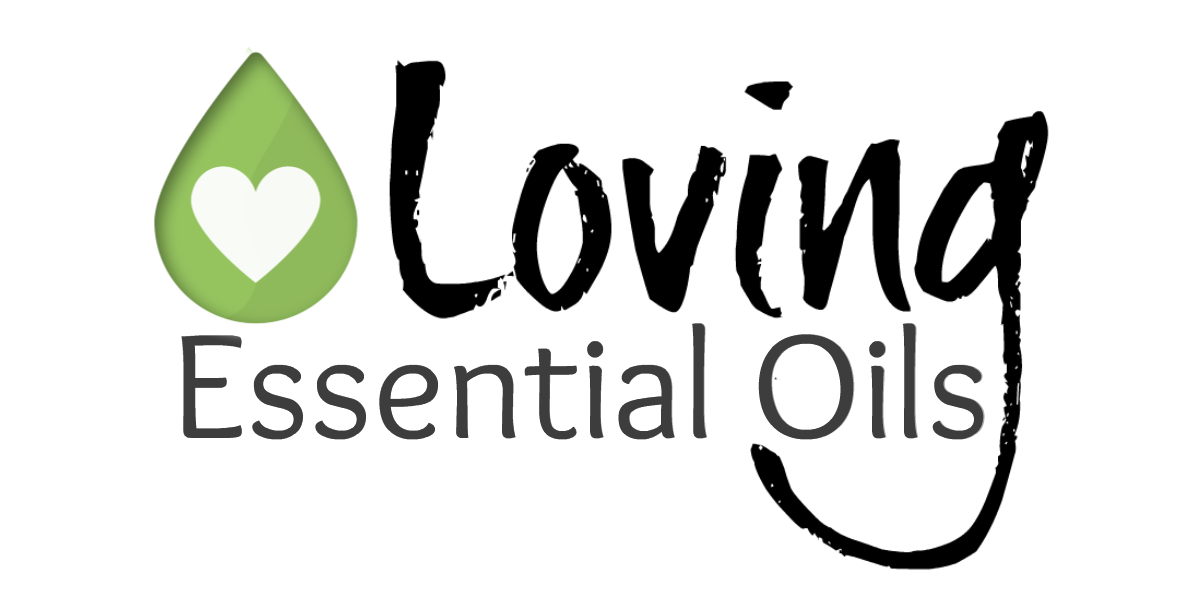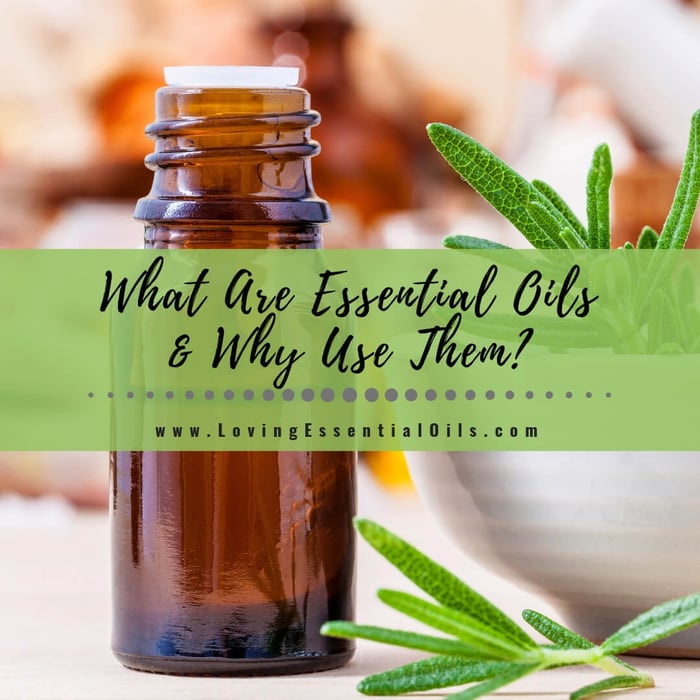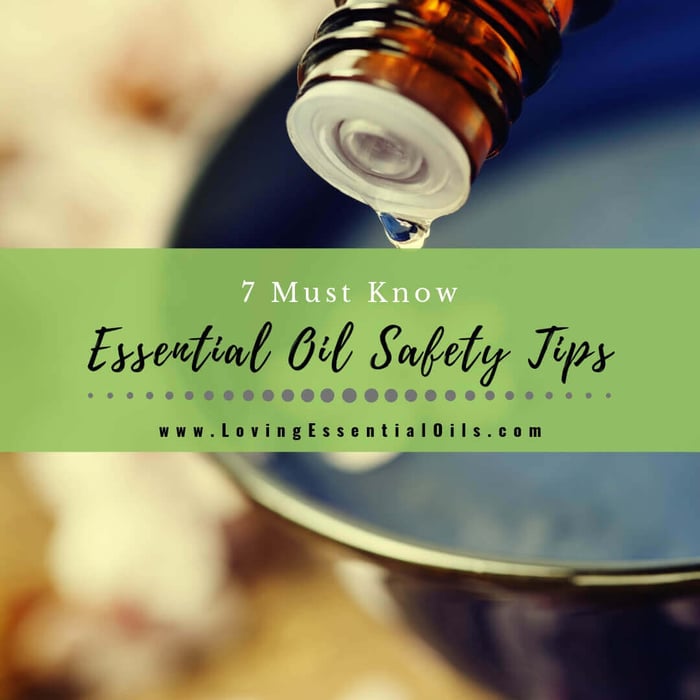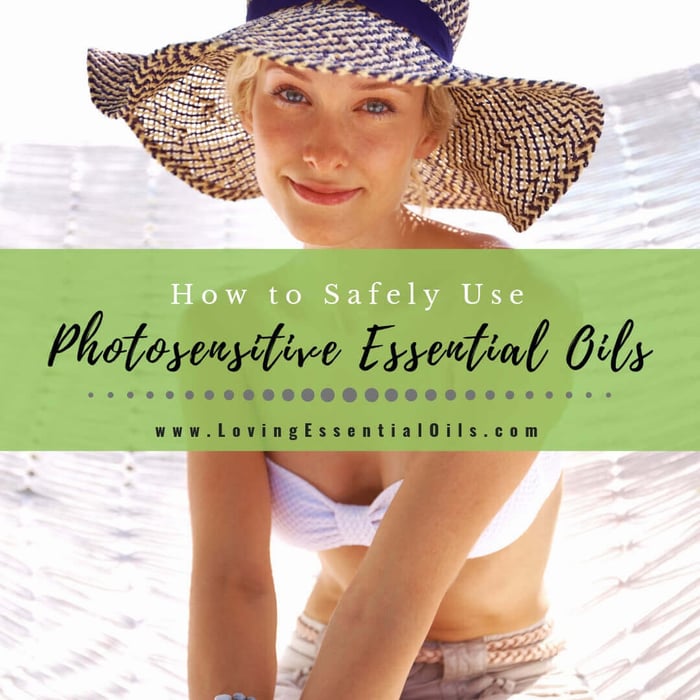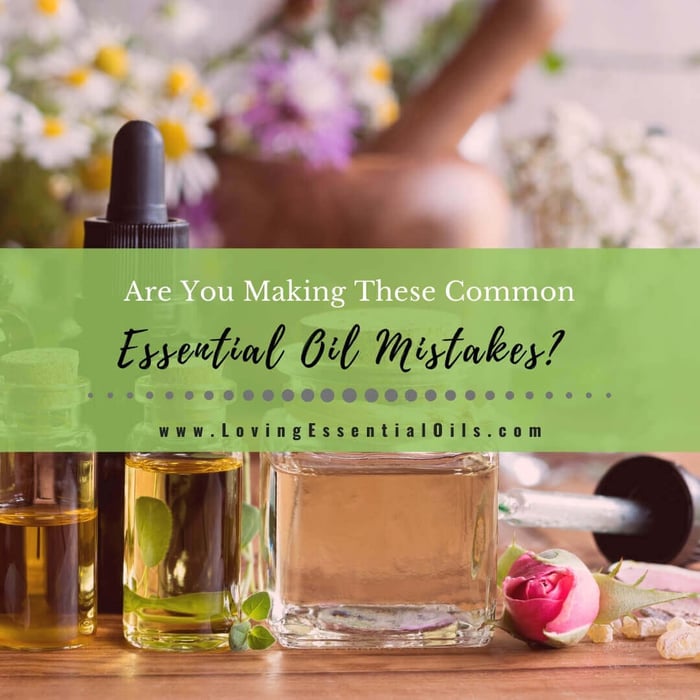Table of Contents
If you're new to aromatherapy, you probably have questions: What are essential oils? Why do people use them? And how do you know where to start?
If your feeling a little overwhelmed by all the bottles, diffusers, and DIY recipes out there, I get it. When I first discovered essential oils, I had no idea where to start. How do they work? And are they really worth the hype?
I'm Jennifer Lane, a nurse and certified aromatherapist, and I've spent years helping people discover how these concentrated plant extracts can support their wellness naturally. If you're new to aromatherapy, you probably have questions. Let's break it down together.
By the end of this post, you'll understand the basics and feel confident taking your first steps into the world of aromatherapy.
What Are Essential Oils?
Essential oils are plant extracts that are aromatic. These oils help the plant regulate growth and metabolism, builds the plant's immune system and wards off viruses, bacteria, fungi, parasites and inserts.
Like plants, these essential oils can help our body function better. Essential oils are extracted from plant leaves, roots, flowers, seeds, bark, wood, resin, and fruit. Main methods for extracting essential oils from plant are steam distillation and cold press extraction.
Essential oils are extremely concentrated, up to 70x stronger than herbs. For example, 1 drop of peppermint oil is as powerful as 28 cups of peppermint tea.
Essential oils are believed to offer a wide range of health benefits, including reducing stress and anxiety, boosting energy levels, and improving digestion. Some of the most popular essential oils include lavender oil, peppermint oil, and eucalyptus oil.
"We have 100 trillion cells in our body, one drop of essential oil contains enough molecules to cover every cell many times over. Isn't that amazing!"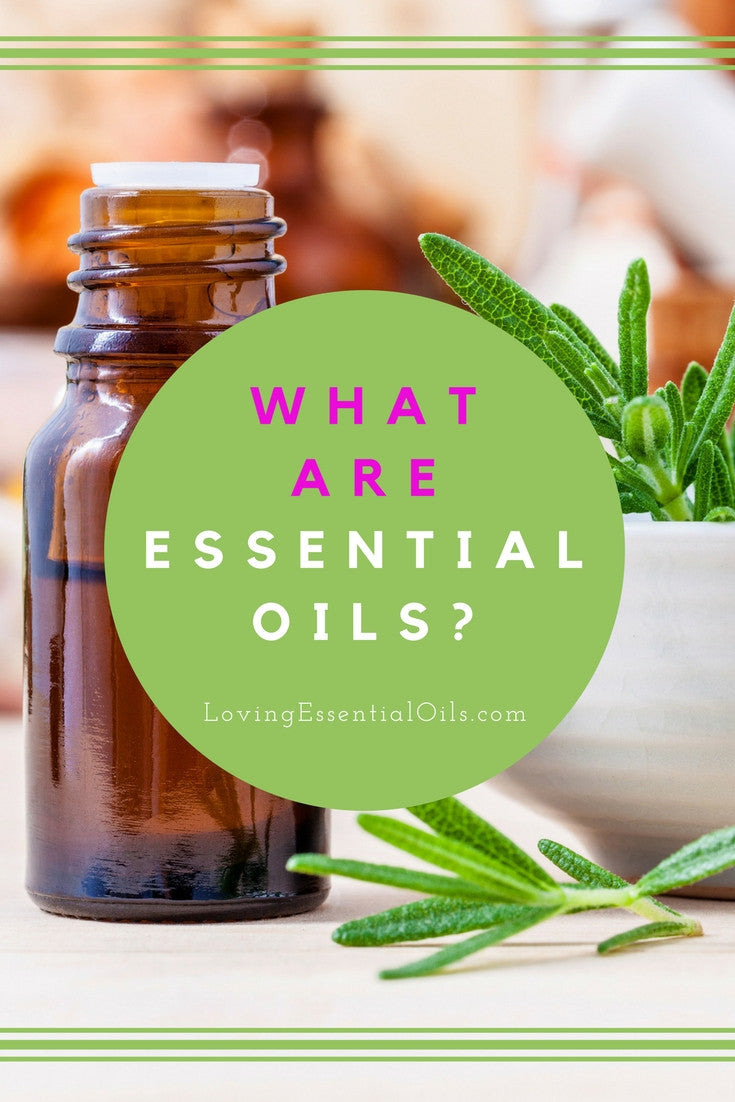
Why Use Essential Oils?
Essential oils are not a new trend. They have actually been around for thousands of years. Past civilizations used them for their therapeutic and aromatic properties.
More recently, essential oil use has had a resurgence. As people become more health aware and want more natural options, essential oils are filling that need.
Each essential oil has many medicinal properties, they vary depending on the oil. Here is a list of common essential oil medicinal properties:
- Antibacterial
- Analgesic (pain relief)
- Antidepressant
- Antifungal
- Antiviral
- Antibiotic
- Digestive
- Anti-inflammatory
- Relaxant
- Antioxidant
- Decongestant
- Antiparasitic
- Antiseptic
- Antispasmodic
- Astringent
- Diuretic
- Immune Support
- Sedative
- Expectorant
- Stimulant
- Disinfectant
Essential oils are a wonderful compliment to a healthy lifestyle. They do not prevent, treat or cure, but they are actually tools that your body can use.
Essential Oils Work With Your Body to Heal Itself
Essential oils are a 100% natural way to care for your health. They are completely natural, nothing has been added or taken away, there are no side effects or addictions.
There are basic safety rules for using oils and some essential oils require additional precautions, read our post on essential oil safety.
- They are generally safe and effective, even for sensitive skin (just dilute with carrier oil before you apply and make sure they are high quality).
- Not all essential oils are created the same. Research the oil company before you buy to guarantee high quality essential oils.
- Read more about how to choose high quality essential oils.
- Be sure to get 100% natural and pure, no artificial ingredients, no fragrance or fillers, free of pesticides and other chemical residues.

What Are Essential Oils Used For?
Essential oils are a popular natural remedy with a wide range of uses. When used correctly, they can help to improve your health, clean your home, and boost your mood. There are many ways to enjoy the benefits of essential oils.
Aromatherapy is the most popular use for essential oils. This involves using the oils to create a pleasing scent in the air. The fragrance of the oil can help to boost your mood, relieve stress, and promote relaxation. You can add a few drops of essential oil to an oil diffuser, or you can simply add a few drops to a cloth or tissue and inhale the scent.
Experiment with different methods to find what works best for you.
How To Use Essential Oils - 3 Methods of Use
There are three main ways to use essential oils: aromatic (inhaling), topical (applying to skin), and internal (ingesting). Let's explore each method so you can choose what works best for your needs.
Aromatic - Inhaling Essential Oils
The most common way to use essential oils is through aromatherapy—simply smelling the aroma and breathing it in through your nasal passages. This is a highly effective way to experience the benefits of essential oils.
How to inhale essential oils:
- Directly from the bottle: Open the cap, hold it a few inches from your nose, and take a few deep breaths
- Diffusing: Use an ultrasonic or nebulizing diffuser to disperse oils into the air throughout your space
- Aromatherapy sprays: Mix oils with water in a spray bottle and spritz around your environment
- Personal inhalers: Portable, pocket-sized devices perfect for on-the-go aromatherapy
Diffusing is particularly popular for relaxation, stress relief, and creating a calming atmosphere in your home. It's simple, safe, and requires no skin contact.
Other aromatic methods:
Infusions: Add a few drops of essential oil to a bowl of hot water and inhale the steam. This method is wonderful for respiratory support and congestion relief.
Compresses: Soak a cloth in a mixture of essential oil and warm water, wring it out, and apply to areas of tension or discomfort. Compresses can help soothe muscle pain, relieve tension headaches, and reduce inflammation.
Topical - Applying Essential Oils to Skin
The second method is applying diluted essential oils directly to your skin. Always dilute essential oils with a carrier oil before topical application to prevent irritation and ensure safe absorption.
This method is excellent for localized relief or general wellness support.
How to apply essential oils topically:
- Massage: Add essential oils to carrier oils like jojoba, fractionated coconut oil, or sweet almond oil, then massage into your skin. You'll enjoy both the physical benefits of massage and the aromatic benefits of the oils.
- Roller bottles: The easiest way to apply oils topically! Add 10-20 drops of your favorite essential oil or blend, fill the rest of the bottle with carrier oil, and roll on wherever needed. Check out our Roll-On Recipes Guide for specific blends.
- Bottom of the feet: A great application spot, especially for oils with strong scents you're not particularly fond of. The soles of your feet absorb oils well and are less sensitive than other areas.
Want to know the best pulse points and application areas? Learn more about where to apply essential oils.
"Roller bottles make topical application foolproof—no measuring, no mess, just roll and go."
31 PC Deluxe Essential Oils Kit: Aromatherapy Supplies
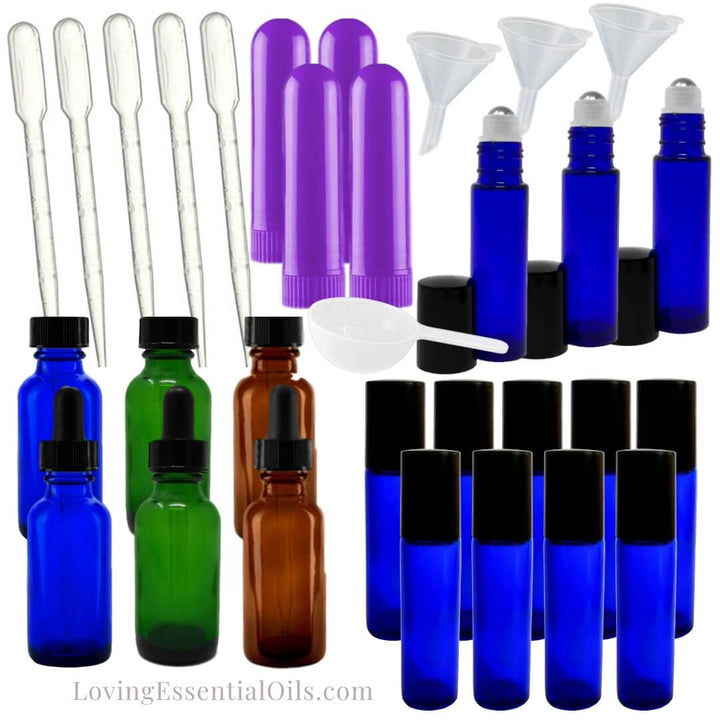
$ 37.00
31 PC Deluxe Essential Oils Kit - This Aromatherapy Supplies set includes a variety of tools needed for making DIY products with your essential oils. Use this kit to make roll on blends, inhaler blends, massage oils, face serums, and… Read More
Internal - Ingesting Essential Oils
Some essential oils can be ingested (swallowed) and may even be labeled as safe for internal use. However, essential oils are highly concentrated and extremely potent, so caution is absolutely essential.
Here at Loving Essential Oils, internal use is not a method we explore or recommend. There are simply too many safety factors to consider, including:
- Proper dosing (which varies by oil and individual)
- Potential medication interactions
- Risk of irritation to mucous membranes
- Lack of sufficient research on long-term internal use
- Individual health conditions and contraindications
The aromatic and topical methods are highly effective and much safer for home use. If you're curious about internal use, please consult with a qualified healthcare provider or clinical aromatherapist who specializes in this application method.
Learn more about essential oil safety practices to ensure you're using oils responsibly and effectively.
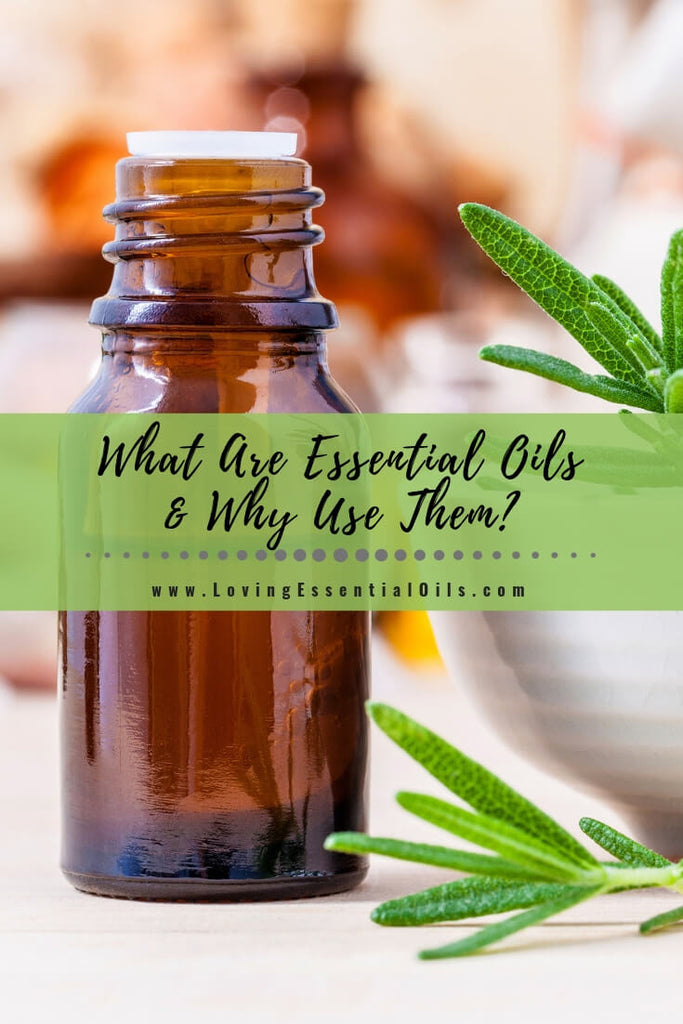
Essential Oils for Cleaning
Essential oils can be used as natural cleaning products. They are effective at disinfecting surfaces and eliminating bad odors. You can add them to homemade cleaning solutions or purchase pre-made products that contain essential oils. Get our DIY cleaning with essential oil recipes.
Essential oils are safe for the environment and gentle on your skin. They are also economical – a little goes a long way. The most popular essential oils for cleaning include lemon, lavender, tea tree, and peppermint.
Lemon is known for its ability to cut through grease and grime, while lavender is ideal for linen sprays and fabric refreshers. Tea tree oil is a powerful disinfectant, and peppermint oil can be used to deter pests like ants and spiders.

Essential Oils to Improve Mood
Essential oils have long been used for their mood-boosting properties. Among the most popular essential oils for mood management are Lavender, Bergamot, and Peppermint.
Lavender oil is widely known for its ability to promote relaxation and reduce stress. Bergamot oil has a citrusy, uplifting scent that can help to boost energy levels and promote feelings of well-being. Peppermint oil is invigorating and refreshing, making it a great choice for an afternoon pick-me-up.
These essential oils can be used individually or in combination to create a custom blend that meets your specific needs. To use, simply add a few drops of oil to a diffuser or inhaler, or dilute with carrier oil and apply topically to the wrists or temples. With regular use, these powerful oils can help to improve your mood and overall sense of wellbeing.
Share on Pinterest
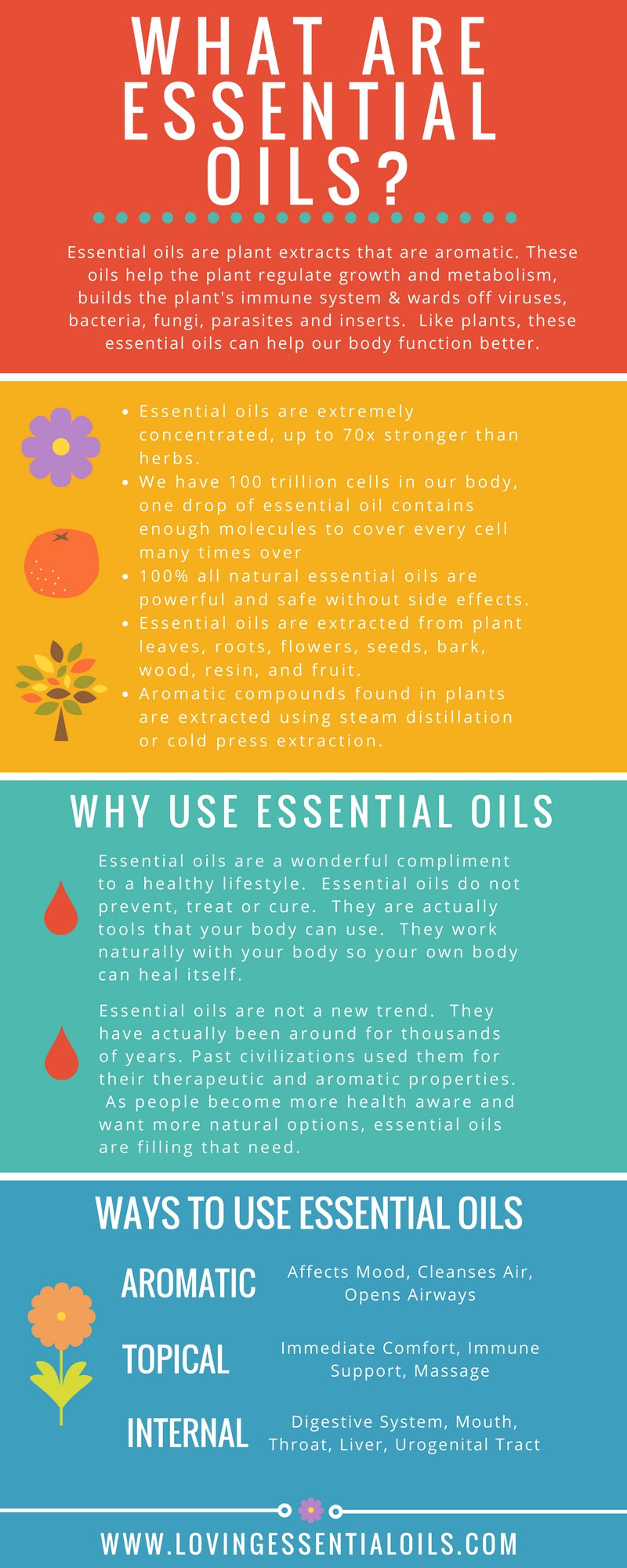
Are you excited about what you read? Many people are enjoying the benefits essential oils can provide. I hope you decide to try essential oils if you haven't already.
What is a therapeutic grade essential oil? Therapeutic grade is simply a marketing term that any company can claim. No government agency or organization “grades” or “certifies” essential oils in the United States. Learn more about essential oils in our beginner's guide!
Essential Oil Guide for Beginners - Getting Started
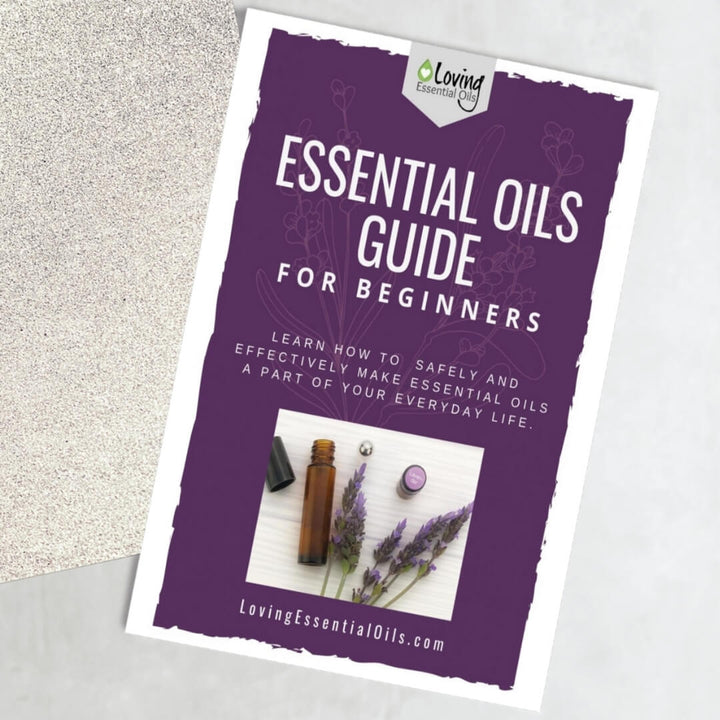
$ 5.99
Beginner's Essential Oil Guide - Download/Printable Learn how to safely and effectively make essential oils a part of your everyday life. Everything you need to know about essential oils. If you have ever been around anyone who loves using essential… Read More
